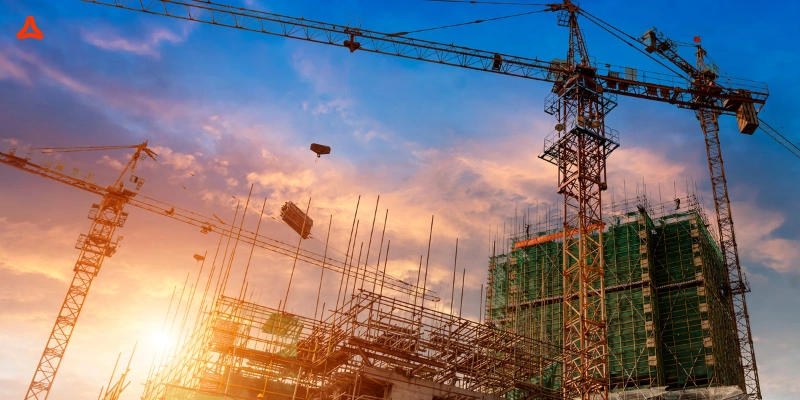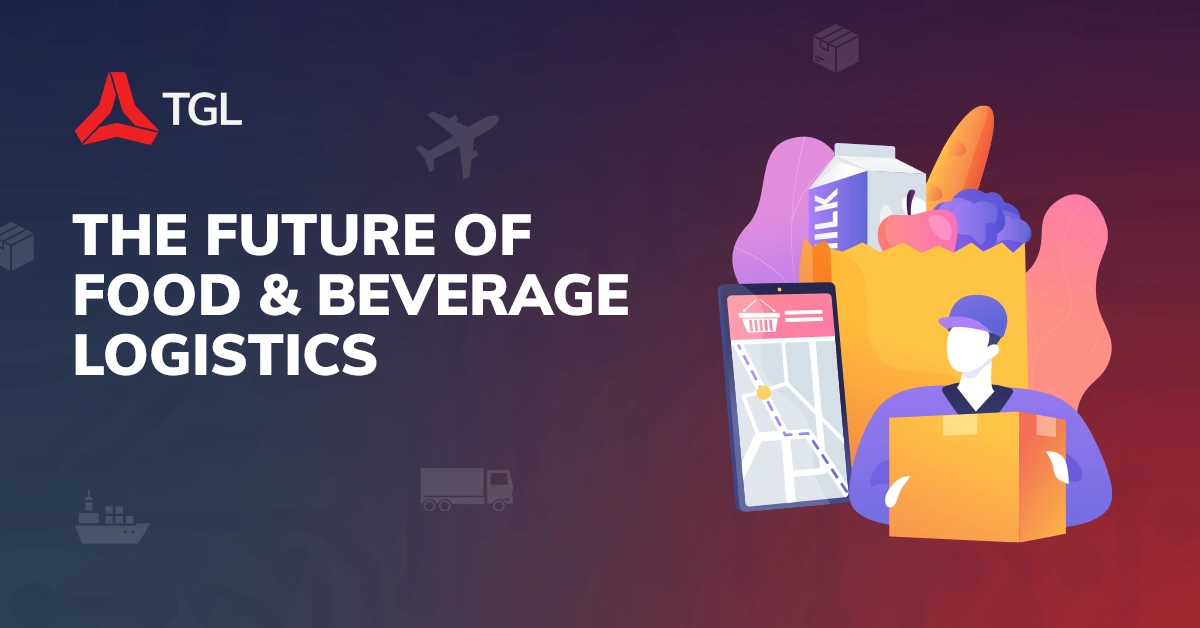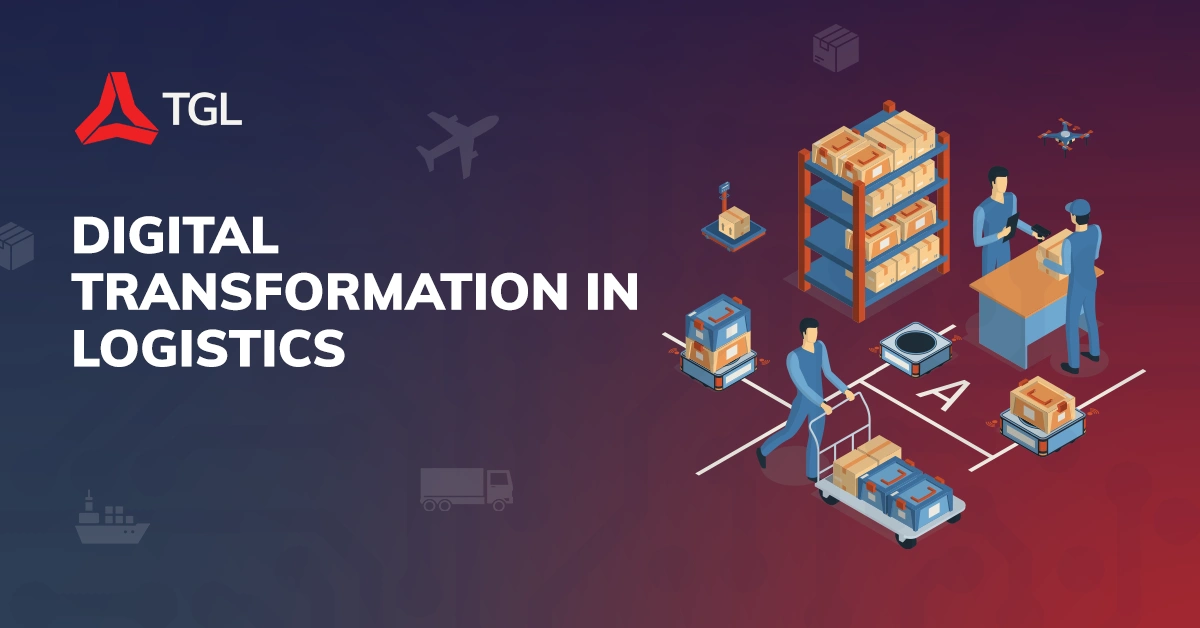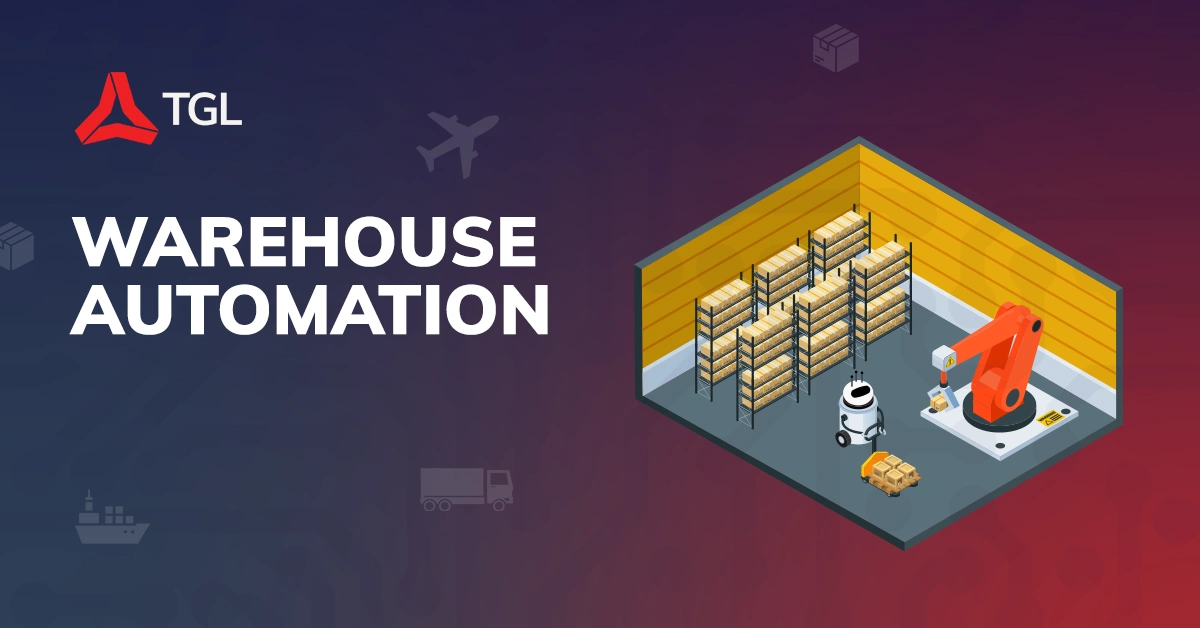Importing Machinery and Construction Materials to Australia

Freight forwarders serve a wide range of industries; they will provide the best and most efficient way to import goods. The complexity of the shipping and logistics industry means that more businesses may rely on freight forwarding services. One of the key advantages of using freight services is their dynamic nature and ability to respond quickly to changes in market conditions.
Some industries have many rules and regulations; they may also require resources only freight forwarders can offer. By using a freight forwarder, you will reduce delays at customs offices and will benefit from a smoother transition of your shipment. The primary industries which face many constraints are construction and machinery; in most cases, these industries require special transport services as the goods are heavy or bulk cargo.
Logistics in construction refers to the planning, coordination, and management of the movement of materials and equipment, to and from construction sites; this includes everything from the initial transportation of materials to the final delivery of the products. Effective logistics management is critical for the timely completion of construction projects within budget and for ensuring that materials and equipment are on site when they are needed.
How to import machinery and construction materials into Australia?
Planning and preparation are essential when importing machinery and construction materials into Australia; there are many rules and procedures you need to follow in order to ensure your goods arrive in excellent shape. Some of the typical questions your freight forwarder will ask are:
- What kind of equipment/materials are you shipping?
- Where is it coming from?
- What transport is needed?
- What permits are required to prevent delays?
- What are the dimensions of the equipment?
- How much do they weigh?
Importing machinery and construction materials is similar to the standard shipping procedure; however, a few additional permits and protocols need to be followed before successfully completing the freight forwarding journey. Due to the size of bulk machinery and construction materials, you must use a freight forwarder to help you with the process, and they often have the network and knowledge to handle these shipments better.
Once your freight forwarder has all the information they need, they will begin to process the shipment. Processing logistics for a construction project involves a series of steps to ensure that the right materials and equipment are delivered to the construction site at the right time. The specific steps involved can vary depending on the project but generally include the following.
Origin Country
Preparing cargo
The process begins with the construction company contacting their supplier to arrange a purchase based on what they need; the supplier then organises the order and gets in contact with a freight forwarder. The supplier will provide their logistics company with all the details, such as the type of equipment, cargo size, destination, transport type and much more. At this point the mode of transportation is usually determined at this point.
The supplier will communicate when to deliver the goods; depending on the agreement, the supplier or freight forwarder may contact the buyer to inform them the shipment is prepared to start the shipping process.
Once the forwarding agent gets involved, they will organise a booking with a sea, air or land carrier from the origin country. They will then facilitate the inspection and authentication of the goods to gain clearance before the cargo leaves its country of origin. All Customs clearance documentation should be prepared in coordination with all parties involved; the compulsory documentation for customs clearance includes:
- Shipping Bill
- Commercial Invoice
- Bill of Lading
- Bill of Entry
- Import/export licences
- Certificate of Origin
- Fumigation certificate
Most freight forwarders will handle both export/import customs clearance and provide assistance to inform the supplier/buyer on all documentation they need to provide. These strict rules and regulations must be followed when importing your construction materials and machinery.
A forwarding agent will support you throughout the process; however, as the importer, you are responsible for ensuring the products comply with import conditions. The goods are now cleared, then loaded and trucked to the port. Depending on the incoterms agreed upon, trucking of the cargo will be arranged by either one of the parties to a seaport or airport to be loaded on a vessel or aircraft.
Packing for international sea freight or international air freight
When packing a shipment, it must adhere to regulations and industry standards; the packaging must withstand the transport conditions via sea and other conditions that may affect the cargo. Your company should be aware of all the regulations behind international shipping, especially for construction and building materials.
Packing machinery for transport may be more complex than just loading the cargo on a crate; the equipment must be dismantled and cleaned. In some cases, your freight forwarder may be responsible; in other cases, you may need to prepare the equipment before your agent takes over. It is essential to pay great attention when taking apart and packing the equipment; one small missing part can cause problems at customs in Australia.
When required, equipment may need to be bolted to the base of the crate or secured using timber bracing and held in place with straps. If the equipment is particularly heavy, the base of the crate will need to be reinforced to ensure that it can take the strain.
The shipper is responsible for preparing all the shipping documents required to clear the shipment. This information is then sent to the freight forwarder to start the customs clearance import pre-processing. Import clearance should be underway prior to arrival at the wharf; by doing this, the processes will be much smoother.
Arrival at destination
Once the Freight arrives in Australia, the shipment’s paperwork will be checked by the customs and quarantine authorities. As aforementioned, these documents need to be prepared by the freight forwarder or customs broker prior to the arrival to ensure efficiency in the process. The Australian Border Force inspects imported goods according to strict bio-security regulations. Depending on the products, imported goods may also be subject to quarantine inspection by the Australian Quarantine Service, which is usually the case for construction equipment.
Client/freight forwarder must arrange possible Customs Duty/GST payments to customs depending on the type of goods, and possible quarantine actions have to be taken, such as cargo unpacking, label inspection, cleaning or fumigation treatment. Once customs approve the shipment, a freight forwarder will organise the final handling of the cargo. Cargo can be delivered directly to the freight forwarders warehouse or straight to the final destination at an agreed time of the consignee/receiver.
Other Important Aspects
It is important to note that the import process can vary depending on the type of machinery or materials being imported, as well as the country of origin. It is advisable to engage with a customs broker that has experience in handling imports of machinery and construction materials to Australia to ensure compliance with regulations. The complexity is further compounded by the many variables that can impact logistics on a construction site, including weather, unexpected delays, and changes in project scope.
One of the critical challenges in construction logistics is managing the flow of materials and equipment to and from the site. This includes coordinating deliveries from suppliers and ensuring that materials and equipment are stored and protected on-site. This can be particularly challenging in locations where space is limited or access is difficult.
Another critical aspect of construction logistics is the management of equipment movement. This includes organising the transportation of workers to and from the site and coordinating the movement of heavy equipment and vehicles on the site. Ensuring that personnel and equipment are in the right place at the right time is critical to complete a project efficiently.
In addition to managing materials and personnel, construction logistics also involves managing the disposal of waste materials generated by a project. This includes coordinating the removal of debris and hazardous materials and ensuring that they are disposed of in a safe and environmentally friendly manner.
In recent years, technological advancements have played a significant role in improving construction logistics. For example, the use of transportation and warehouse management systems, GPS tracking, and other digital tools have made it easier for companies to plan and optimise logistics activities, leading to more efficient use of resources and more accurate tracking of inventory and equipment.
Why choose TGL
TGL offers specialised freight services for land, air, and sea freight anywhere around the world. Our experienced team of THINKERS will provide optimal logistic solutions for various industries.
We have developed a solid global presence over the years and are equipped with the knowledge to help with importing machinery and construction materials into Australia. TGL’s dedicated freight specialists will help streamline end-to-end logistic processes to ensure your cargo complies with the strict import regulations of Australia or any other country worldwide.
While we can handle the entire logistical process and will ensure your goods comply with import conditions, it is essential that you are aware of the strict customs and quarantine measures that are in place in various countries.
| At TGL, we offer business to business logistics services, including sea freight, air freight, domestic freight, warehousing, and customs clearance to all industries. Get a quote today. |
| If you require further information about us and the services we provide, book a free no-obligation consultation session with our logistics professionals. |


